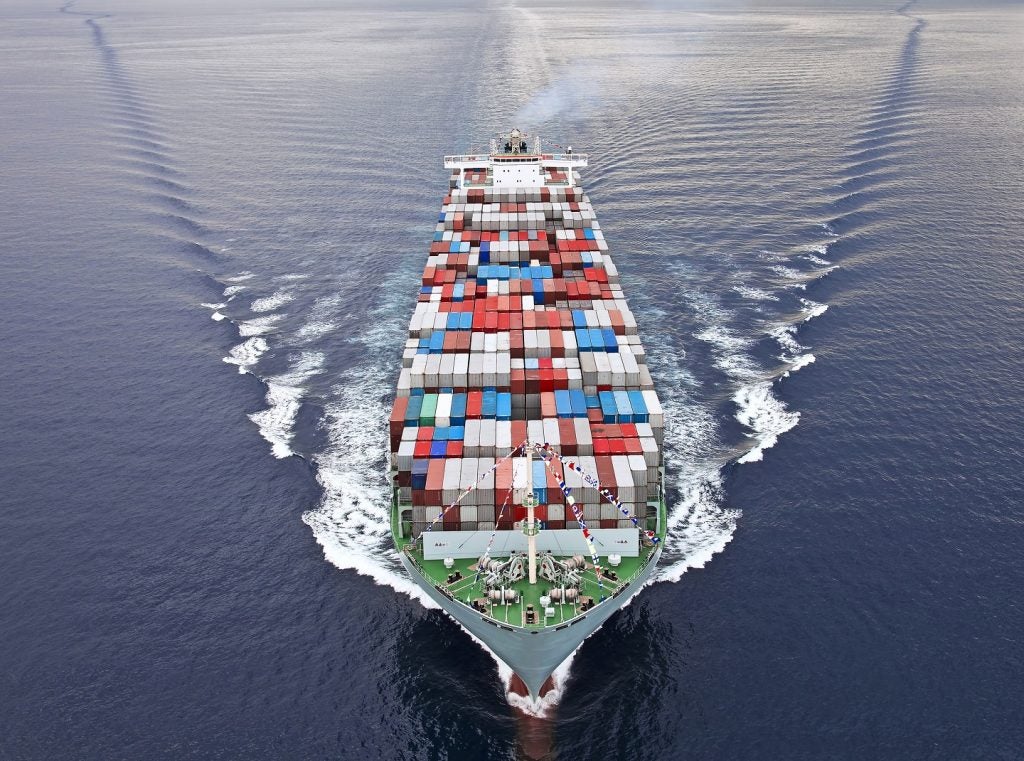In a letter sent to Biden, AAFA noted that the Houthis have targeted over 100 commercial vessels in the Red Sea, sinking two ships since the initial attack. This growing threat has made the Red Sea too dangerous for commercial shipping, rendering the Suez Canal an impractical route for carriers.
The association emphasises the need for immediate measures to ensure safe navigation and protect global trade. It also highlights the economic and environmental issues arising from these maritime attacks.
The Suez Canal, a vital passage that handles 12-15% of global trade and 25-30% of container traffic, has seen a significant shift.
AAFA president and CEO Steve Lamar said: "The rise in Houthi attacks targets life and liberty and continues forcing vessels to reroute around the Cape of Good Hope in South Africa. This longer route adds substantial costs, delays, and environmental damage, exacerbating inflation, increasing shipping expenses, and undermining sustainability goals.”
The organisation said that each rerouted journey now requires an additional 900t of fuel, costing around one million dollars, and results in an extra 2,700t of CO2 emissions per ship. The rising emissions worsen global warming and obstruct companies' efforts to achieve sustainability targets. Additionally, extended shipping times cause equipment shortages, as containers remain on ships longer than anticipated.
Concurrently, the AAFA also wrote to both the International Longshoremen’s Association (ILA) and the United States Maritime Alliance (USMX) to resume discussions aimed at finalising a new Master Contract agreement prior to its expiration on 15 January 2025.
With the deadline for port negotiations fast approaching, AAFA is pressing ILA and USMX to collaborate effectively to prevent a strike that could disrupt operations at key East and Gulf Coast ports, exacerbating inflationary pressures.
The association is calling for ongoing dialogue between ILA and USMX, encouraging them to build on previous progress and strive for a comprehensive agreement before the deadline. This approach aims to support economic stability and growth for businesses, workers, and consumers in the US.
Lamar added: “Supply chain disruptions are a serious concern for our industry, and we cannot afford additional setbacks as we approach critical shipping periods like the Lunar New Year. A strike or prolonged labour action would hurt American businesses, workers, and consumers, further complicating an already challenging global supply chain environment and a period of high inflation."
AAFA represents the apparel and footwear industry's public policy interests, advocating for its management, shareholders, and over 3.2 million US workers. The industry contributes more than $490bn in annual retail sales in the US.
Meanwhile, the National Retail Federation (NRF) has repeated calls for the ILA and the USMX to resume contract negotiations.









